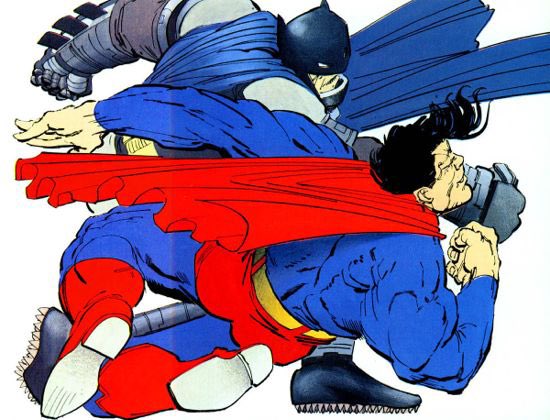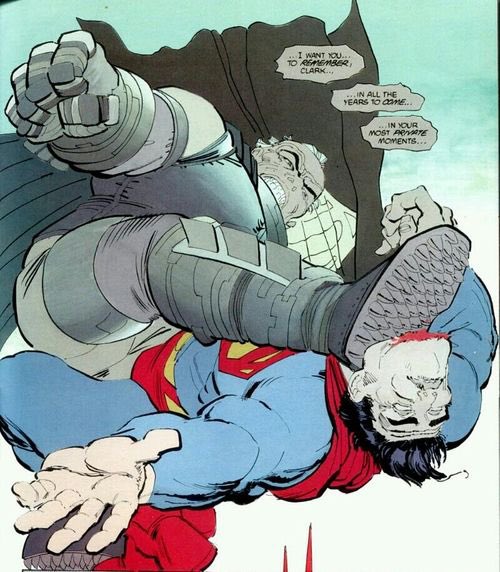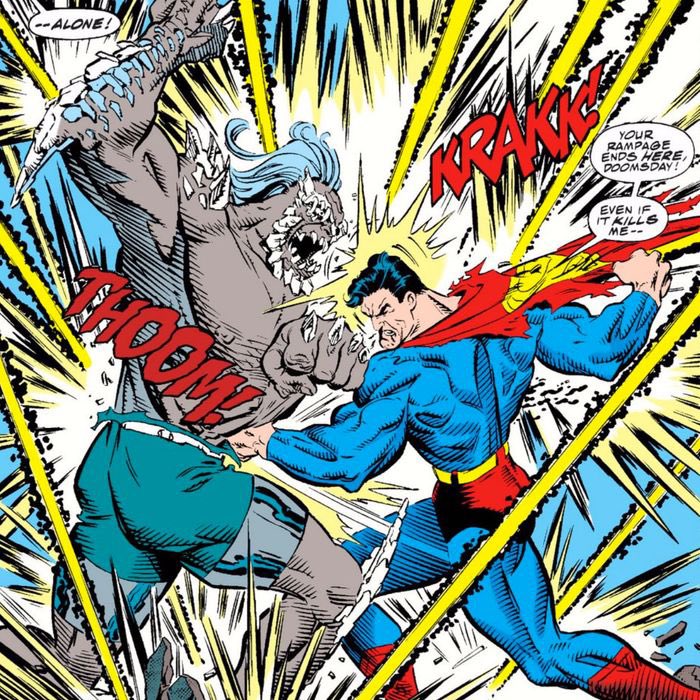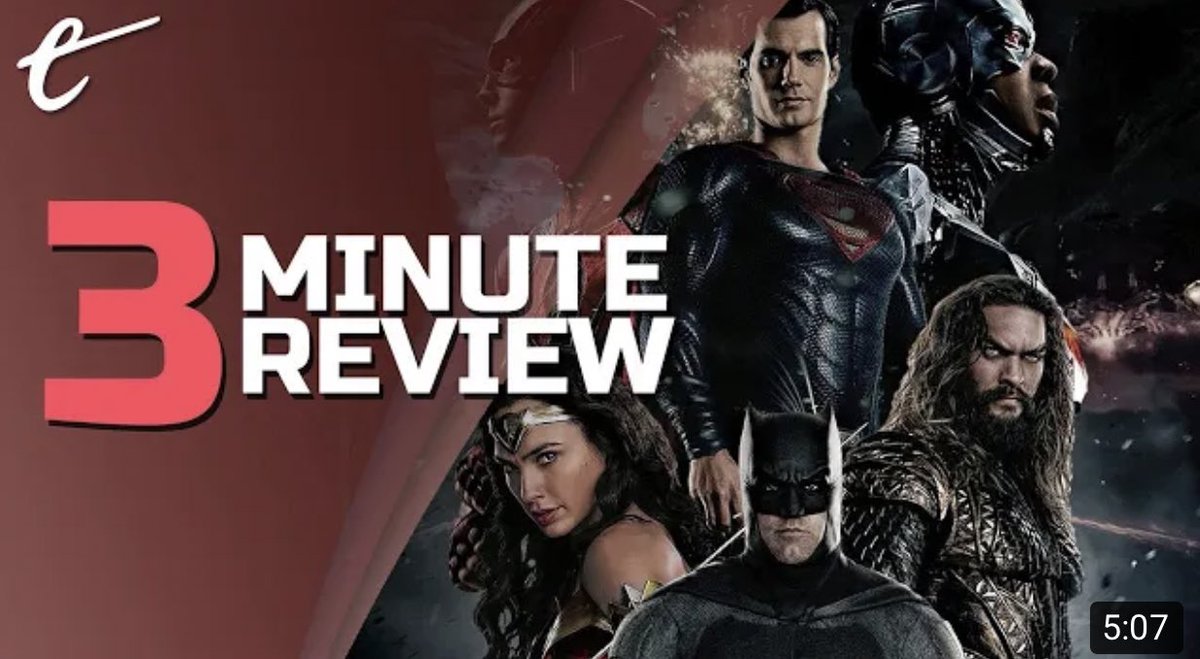
Great
1. WONDER WOMAN
2. JOKER
3. BATMAN V. SUPERMAN
Good
4. BIRDS OF PREY
5. JUSTICE LEAGUE (Snyder)
6. SHAZAM
Interesting
7. WONDER WOMAN 1984
8. MAN OF STEEL
Bad
9. SUICIDE SQUAD
10. AQUAMAN
11. JUSTICE LEAGUE (Whedon)
1. WONDER WOMAN
2. JOKER
3. BATMAN V. SUPERMAN
Good
4. BIRDS OF PREY
5. JUSTICE LEAGUE (Snyder)
6. SHAZAM
Interesting
7. WONDER WOMAN 1984
8. MAN OF STEEL
Bad
9. SUICIDE SQUAD
10. AQUAMAN
11. JUSTICE LEAGUE (Whedon)
https://twitter.com/scottmendelson/status/1372733952591470597
Still, none of the modern wave of DC movies are as good as the “Dark Knight” trilogy, “Mask of the Phantasm”, “Batman Returns” or even “Batman ‘66.”
But who knows, I freely admit that they might when given time to settle. I’m a firm believer in the idea of letting things settle.
But who knows, I freely admit that they might when given time to settle. I’m a firm believer in the idea of letting things settle.
Indeed, I suspect “Birds of Prey” might get bumped up from “good” to “great” with another rewatch or two.
Having seen it a couple of times now, it is immensely rewatchable.
Having seen it a couple of times now, it is immensely rewatchable.
Incidentally, looking at that ranking of the modern DC films, it's proportionately similar to how I'd rank the MCU - about five great films, five more good films.
Instead of a large number of "interesting" and "bad", there's a mess of "solid" and "functional, but kinda dull."
Instead of a large number of "interesting" and "bad", there's a mess of "solid" and "functional, but kinda dull."
• • •
Missing some Tweet in this thread? You can try to
force a refresh








